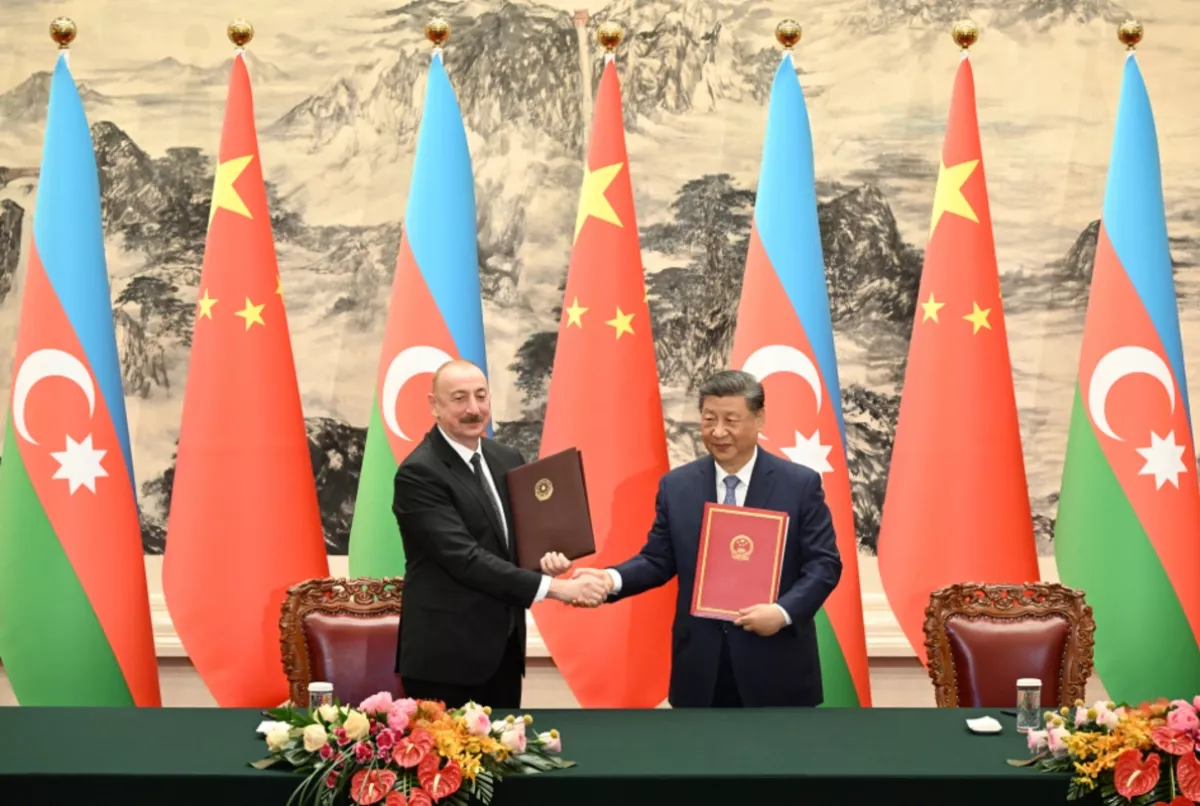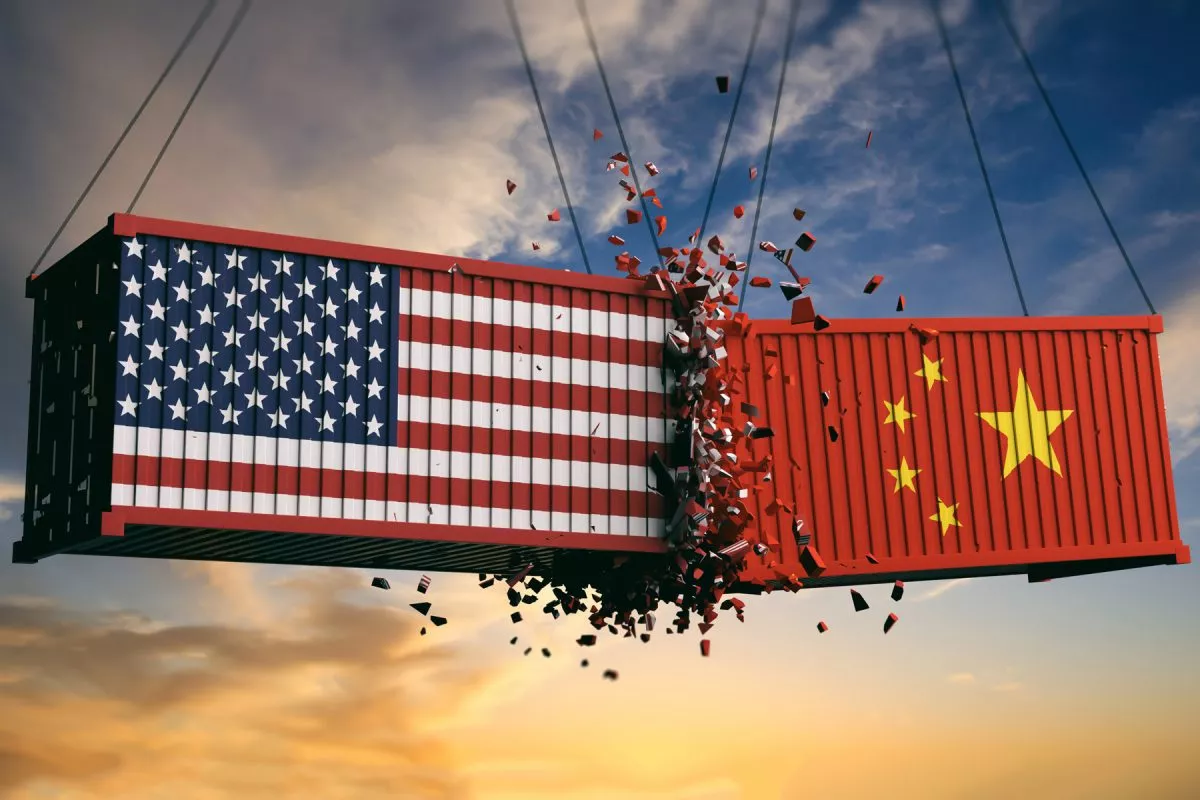"Beijing sees Baku as a link between the South Caucasus and Central Asia" Kazakh political scientist on Caliber.Az
In an exclusive interview with Albina Muratbekova, a Kazakh political scientist and researcher at the Eurasian Research Institute, we explore the growing strategic partnership between Azerbaijan and China. Muratbekova provides insights into how this relationship is reshaping the South Caucasus' geopolitical landscape, highlighting the importance of Azerbaijan as a key player bridging the South Caucasus and Central Asia. She also discusses the broader implications of this partnership for regional transit, the EU's stance in Central Asia, and the impact of the China-US trade war on Beijing's interests in the region.

— How do you assess the results of the Azerbaijani president's visit to the People's Republic of China?
— If we talk about the outcomes of the Azerbaijani president's visit to China and highlight the key point, it is undoubtedly the signing of the "Joint Statement on the Establishment of a Comprehensive Strategic Partnership between the Republic of Azerbaijan and the People’s Republic of China." Why is this so important? Last year, Azerbaijan already signed a strategic partnership agreement with China, but the format of an expanded strategic partnership, similar to that of Russia and Kazakhstan, had not existed in the South Caucasus region before. This fact is a significant event, as it demonstrates the expansion of China's interests in the region and Beijing's active engagement in developing relations with the South Caucasus.
Among China's recent steps last year were the signing of a strategic agreement with Georgia, progress in relations with Armenia, and finally, this year, the conclusion of an expanded strategic partnership with Azerbaijan. This indicates the diversification of interests for both Baku and Beijing: while earlier cooperation focused on Azerbaijan's transit potential and the development of the Middle Corridor, active engagement is now expected in other areas. Specifically, as highlighted during the visit, these include green energy, digitalisation, socio-economic development, and the cultural sector. Thus, the parties are moving away from a cooperation model solely based on natural resources and transit.
— Can it be said that the achieved format of cooperation indicates that Beijing sees Baku as a key player in the region?
— Yes, it can confidently be said that Beijing considers Baku a priority partner in the South Caucasus. This is evident both from the outcomes of the visit and from the dynamics of bilateral relations in recent years. Notably, China views Baku not only as part of the South Caucasus but also as an element of the Central Asian region. Given that Azerbaijan associates itself with the Turkic world and actively participates in Central Asian integration initiatives, Beijing sees Baku as a link between the regions.

Azerbaijan today is the main active player in the South Caucasus, with a strong economic agenda and growing influence in Eurasia. President Ilham Aliyev is demonstrating significant activity on the international stage, which attracts the attention of global power centres, including China.
— How might the new level of relations between Baku and Beijing affect Central Asia, and how does this relate to the recent actions of the EU in the region?
— The development of China-Azerbaijan cooperation will primarily influence the transit, transport-logistical, and trade potential of the region. Central Asia, like Azerbaijan, is an important transit hub, and the simplification of procedures between Baku and Beijing could lead to similar changes on our side, given the geographical location on both sides of the Caspian within the transport corridor.
As for the EU's strategy in Central Asia, China's actions do not directly impact it. The EU, like China, is an independent geopolitical player in the region, and each side promotes its own interests. However, in matters of transit potential, particularly the Middle Corridor, the positions of the EU and China may align, especially regarding the role of Azerbaijan.
— Does the trade war between China and the US affect Beijing's increased interest in the South Caucasus?

— I believe it is difficult to trace a direct impact here. The trade war with the US has prompted China to reassess its priorities and simultaneously strengthen its own economic positions. China remains the leading trading partner for over 150 countries and continues to enhance its geopolitical and economic influence.
Although the direct connection to the South Caucasus is not obvious, the current situation fits into Beijing's broader strategy of expanding cooperation with emerging markets and diversifying its foreign economic ties. In this context, Baku can offer China alternative products and resources that could offset the rising costs of goods on the American market.








